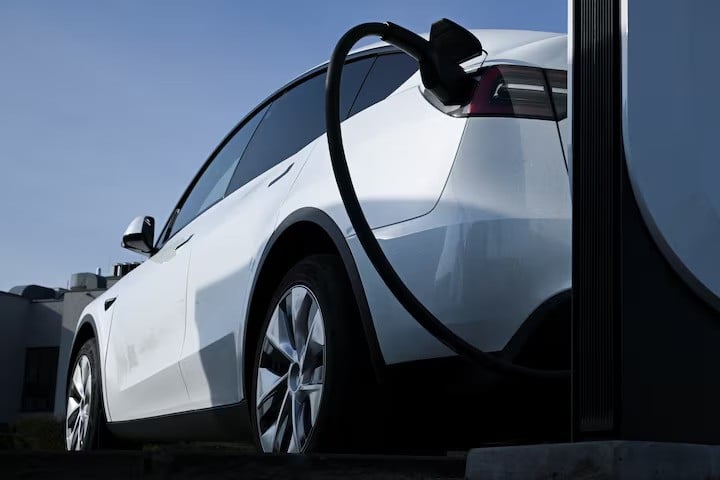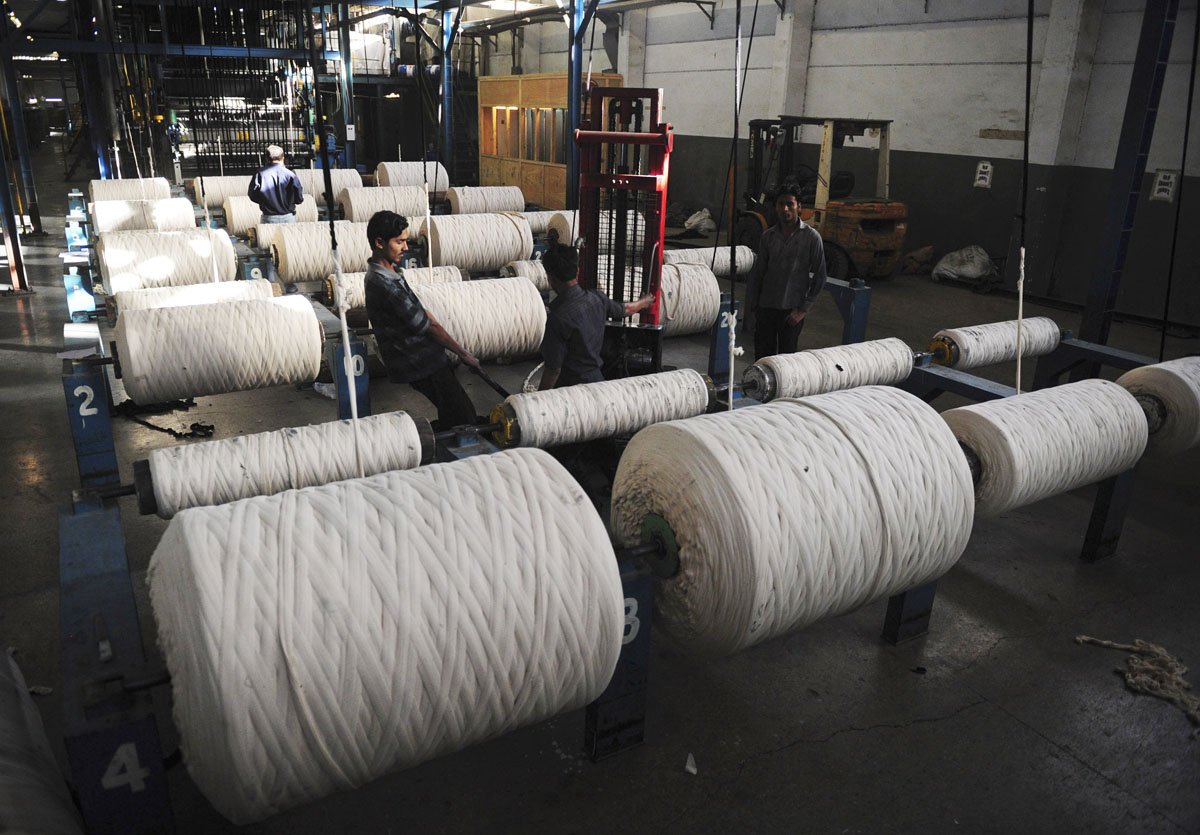LAHORE:
Pakistan’s electric vehicle (EV) landscape is showing promising signs of growth, with increasing efforts to localize production and promote widespread adoption. However, the sector faces significant challenges, including capacity and load management issues within distribution companies (DISCOs), which currently make long-route EV bus operations unfeasible. The country’s underdeveloped charging infrastructure and high financing barriers further limit EV usage to short-distance, urban commutes. Additionally, high battery costs and economic instability complicate the adoption process.
“Consistent with experience in several countries of the world, the big push and impetus on EV adoption and conversion would come with tangible government support in the form of subsidies and tax credits,” said Umer Khan, Head of Investment Banking at Bank of Punjab while speaking at The second Electric Vehicles (EV) Conference organised by the Climate Action Centre (CAC) and PakEVO.
Further, there are significant pools of liquidity and credit enhancements available for climate finance and EV projects, which need to be accessed with the right pitch to international DFIs, he commented.
Dr Aazir Khan underlined the missed opportunities from previous years when Pakistan’s economic situation prevented budget allocations to key EV initiatives.
“We must ensure that fiscal priorities align with sustainable energy goals, especially when climate resilience and green infrastructure are no longer optional,” he emphasised.
The discussions revealed that while global EV sales grew by nearly 40% between 2023 and 2024, Pakistan’s market penetration remains dismally low. Yet, the mood remained cautiously optimistic as several developments signalled momentum. Among them was Daewoo’s ambitious plan to replace diesel buses with EVs on shorter intercity routes, including connections between cities near Lahore, such as Sialkot.
“Our goal is that within the next two years, we will convert our entire short-route fleet to electric,” Sheriar Hassan from Daewoo said during the first panel, adding that financing collaborations with BOP are already underway.
However, distribution companies (DISCOs) face serious capacity and load management challenges, making long-route EV bus operations currently unfeasible. Sheriar noted that while Daewoo successfully initiated its first electric bus pilot project between Lahore and Sialkot, the larger intercity network such as Islamabad to Lahore will require time and significant investment to scale.



